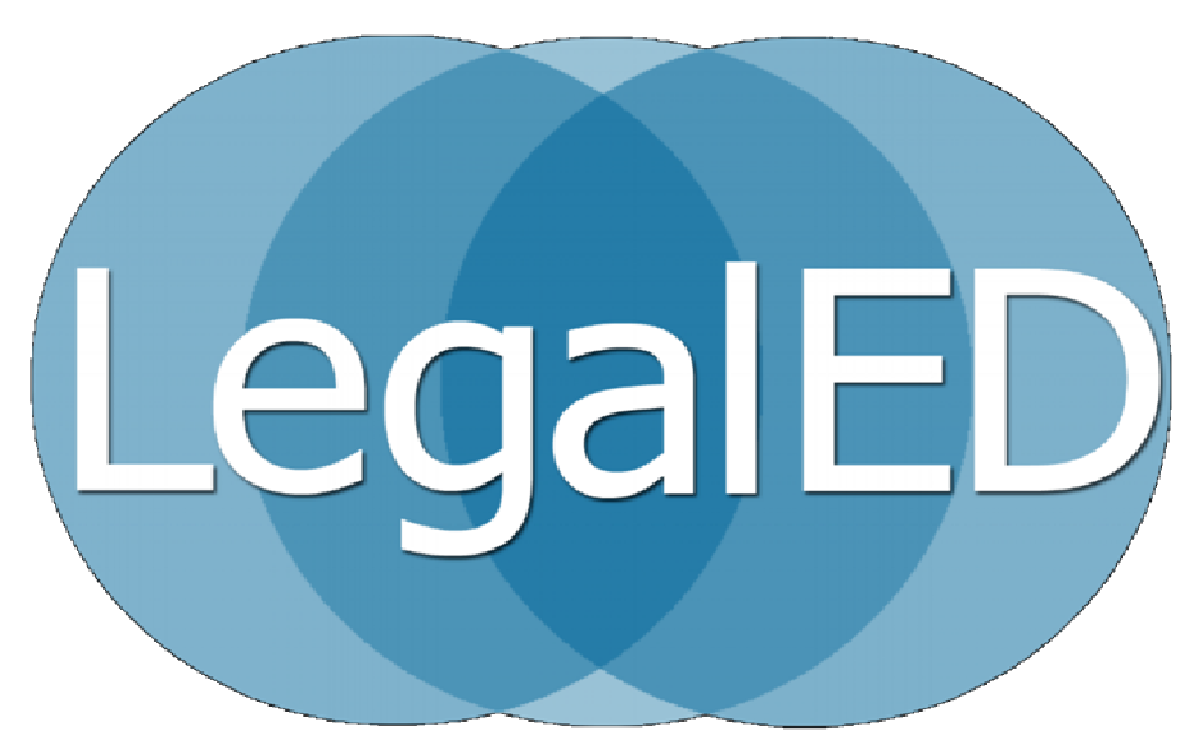Igniting Law Teaching Conference 2014
Flipping a Law School Course
Professor Wes Reber Porter teaches Evidence, Criminal Law and skills courses as the Director of the Litigation Center at Golden Gate University School of Law. He joined the academy after a career as a federal prosecutor with DOJ and Navy JAG. Professor Porter was named as a Fellow of Educating Tomorrow’s Lawyers and created 1st STEP, recognized as a top innovation in legal education. He teaches and coaches mock trial and youth sports – with many commonalities.
Talk Summary: My talk focuses on, as a compliment to a flipped classroom, the much needed changes to class-to-class process of the typical law school course. Professors should flip only the foundational instruction for a course’s key topics, focus the class discussion on analysis, and facilitate the students’ development of critical lawyering skills. Students not only will benefit from the flipped classroom but they will continually apply the rules, write more, and better organize the material.
Jennifer A. Rosa has been a legal writing professor at Michigan State University for the last ten years and in a prior life, she was a Los Angeles County Deputy District Attorney. Her interest in studying teaching and learning began with a fellowship in the Academy for Instructional Excellence and Innovation at MSU. She is fascinated with how the brain works and finding ways to optimize student engagement and learning.
Talk Summary: “Flipping” the classroom is like legal writing instruction on steroids. We can take the learning objectives we have for our students and pump them up. Students do the heavy lifting outside of the classroom by watching podcasts. In class, students can practice using their new skills in engaging group exercises so they take responsibility for their learning process. In this presentation, Professor Rosa will detail how to use backward design to create podcasts and group exercises that facilitate the learning outcomes you seek.
David Thomson is LP Professor at the University of Denver’s Sturm College of Law, where he also teaches an upper-level whole-course simulation in Discovery Law. David serves on the University’s Distance Learning Council, the Board of Trustees’ Technology Futures Committee, and the Strategic Issues Panel on the Future of Higher Education. He is the author of Law School 2.0: Legal Education for a Digital Age (LexisNexis/Matthew Bender 2009). David is co-Series Editor of the Skills & Values hybrid law school textbooks published by Lexis and has published two books in that Series, Skills & Values: Discovery Practice (LexisNexis/Matthew Bender 2010) and Skills & Values: Lawyering Process (LexisNexis/Matthew Bender 2013). David was the recipient of the 2011-12 University of Denver’s Distinguished Teaching Award. David blogs at www.lawschool2.org and is active on Twitter @dicthomson.
Talk Summary: A possible answer to the high cost of legal education is not to remove the third year - as has been widely proposed - but, if we have to reduce law school to two years, to do it by removing the first year. Or rather, significantly reengineer it by putting most of it online. The day when well-designed online learning environments achieved outcomes equivalent to or better than “ground” classes has long since passed, as many presentations at this conference will show. There are good reasons to think there are acceptable ways to teach much of the first year material primarily online. Adding back some forms of hybrid instruction could alleviate concerns that the “formation” part of first year would be lost. Moving most of first year online would also open up law school to a larger cohort of potential students, some of whom might only want the first year of instruction.
Debora Threedy has been a law professor for nearly thirty years and for the first time is actually optimistic that fundamental change in legal education is possible. She currently teaches Contracts, Drafting Contracts, Law and Literature, and Legal Issues in Archaeology. She has served as Acting Dean and Associate Dean. In 2000 she was awarded the University’s Distinguished Teaching award. She is co-director of the Center for Innovation in Legal Education at the University of Utah.
Talk Summary: “Flipping” a class means moving the “knowledge transfer” online, and using in class time to practice solving problems. The online materials for transferring knowledge include short videos on basic doctrine and online quizzes for assessment. This talk will focus on the nuts-and-bolts of producing the videos, including suggestions for writing the scripts, designing the visuals, and combining the two into a finished video.
Bill Slomanson teaches at Thomas Jefferson School of Law (San Diego), and at Pristina University (Kosovo). He launched a seismic pedagogical shift-after thirty-six years of traditional Socratic and Problem Method teaching-to a blended learning environment (fall 2013). It was time to either retire, or pursue more active learning techniques. The initial report of his work is now available on the SSRN network at <http://ssrn.com/abstract=2381282>. His related e-book is available at <http://www.tjsl.edu/slomansonb/FedCivPro4_e-book.html>.
Talk Summary: Bill will take you into his classroom-wherein group collaboration yields the opportunity to fine-tune the student's homework. You can opt to place your toes in the water, by flipping just a few difficult classes or concepts. He, on the other hand, dove in headfirst-by flipping an entire course.
